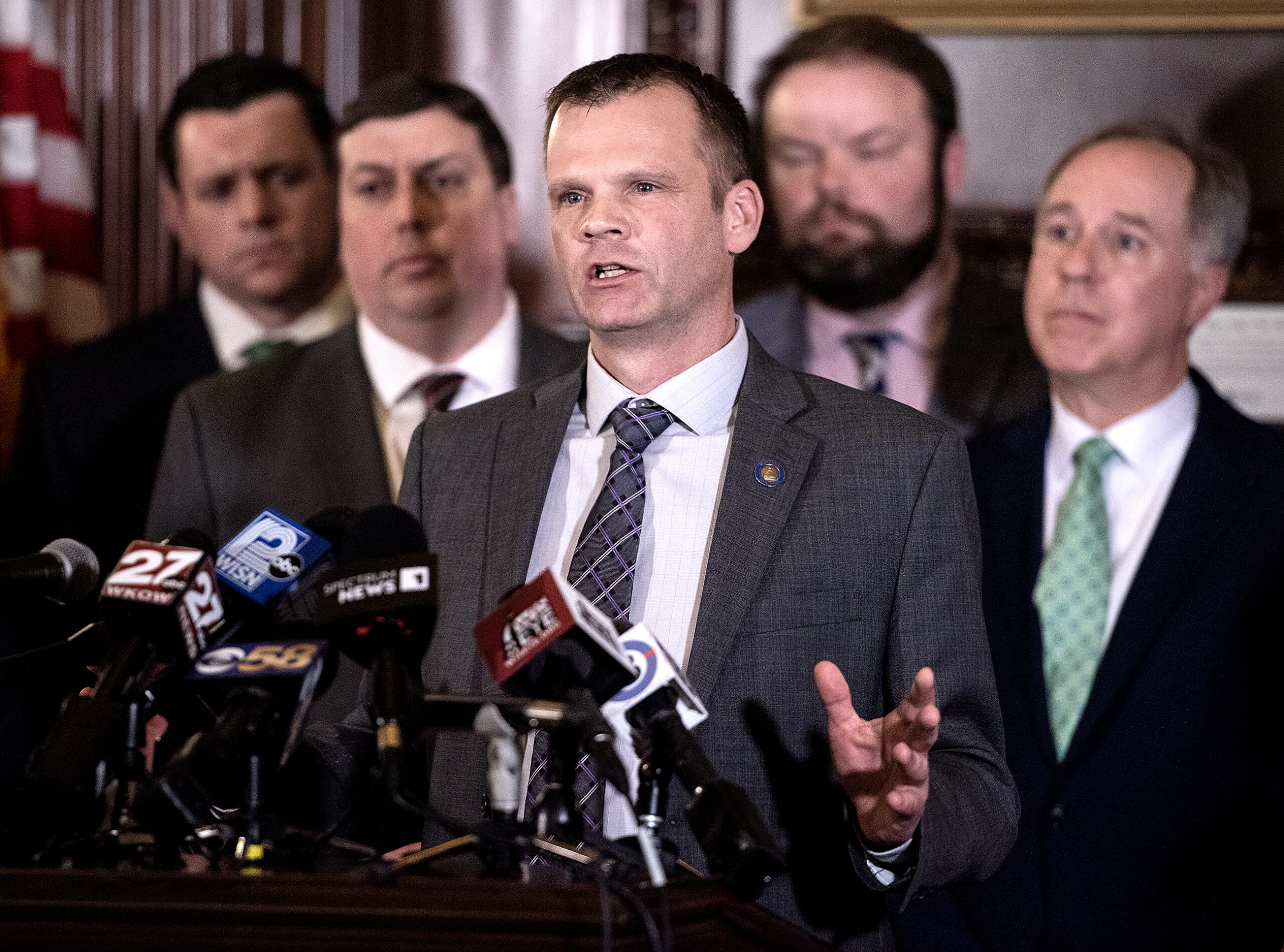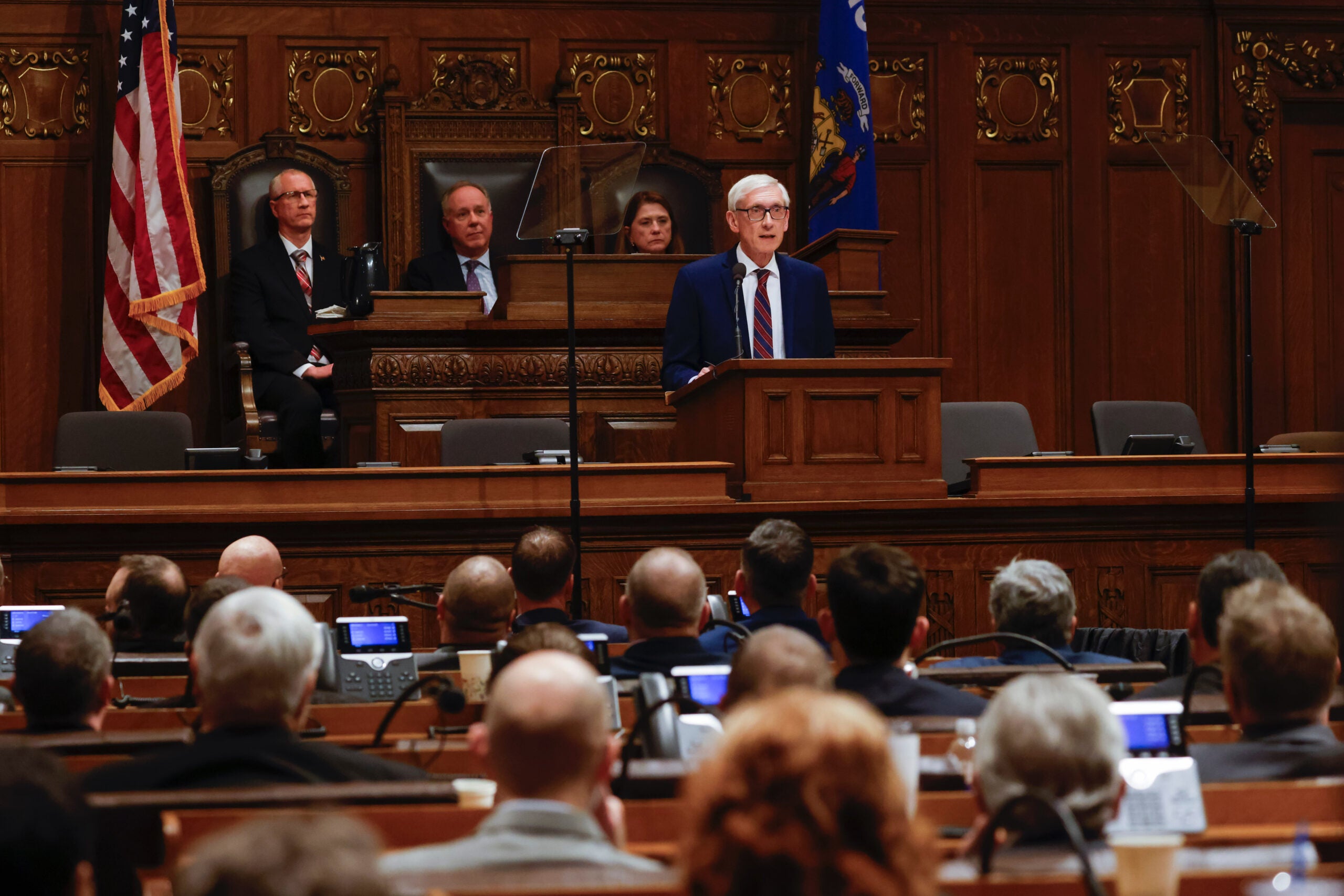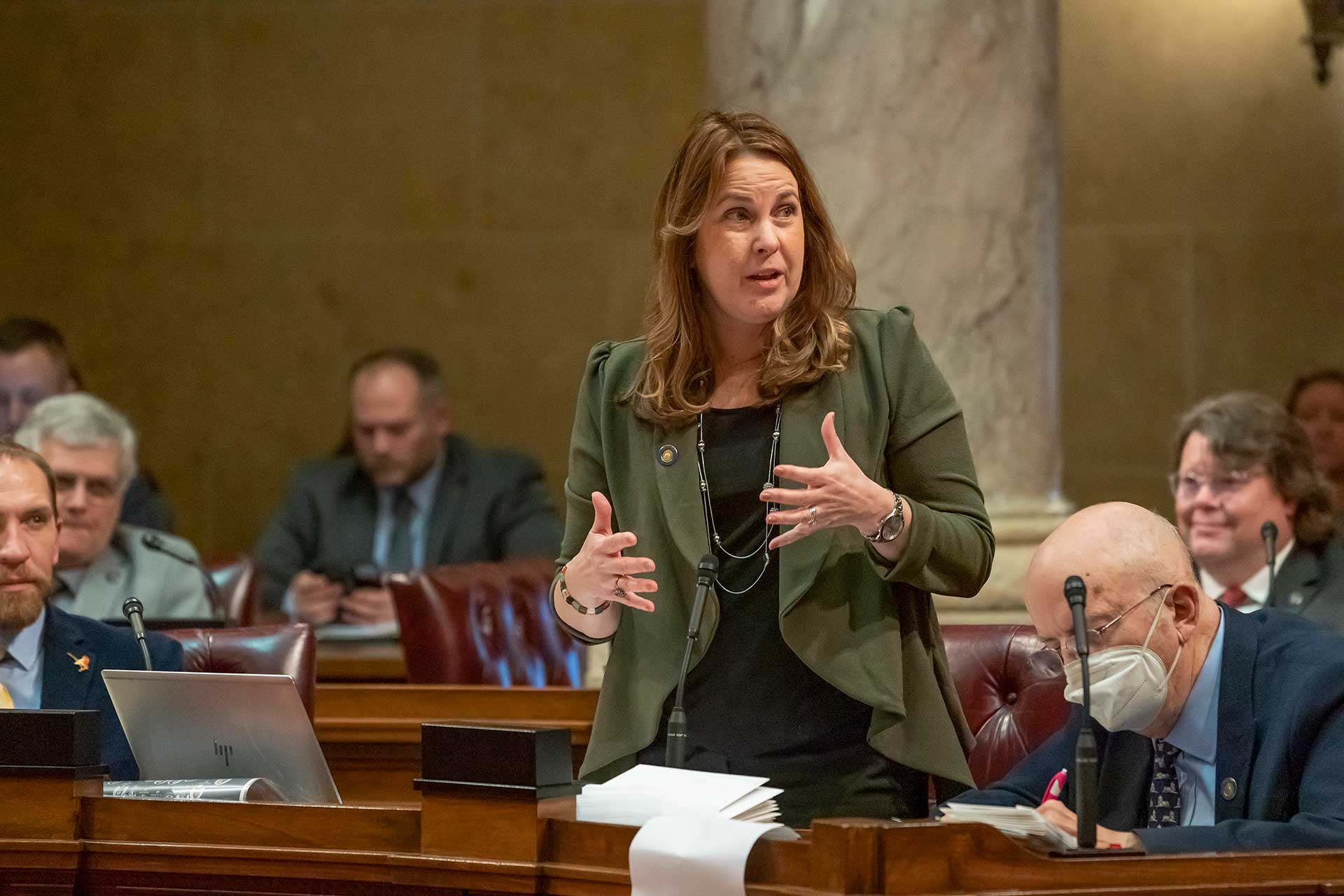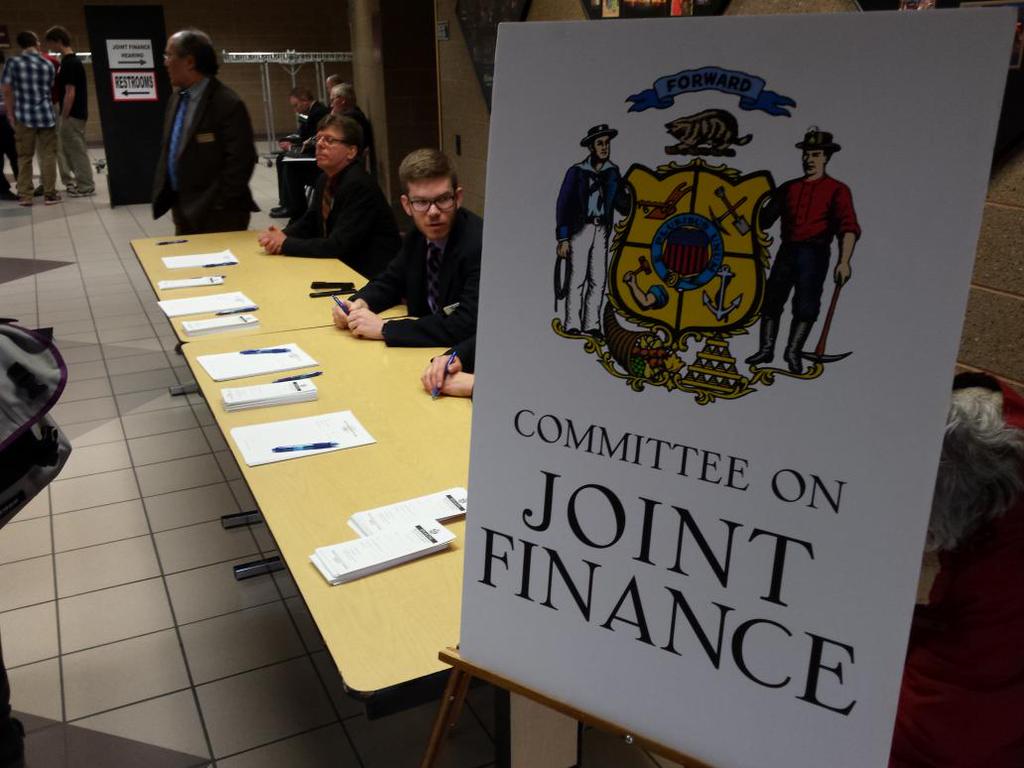The Republican leader of the state Senate is taking another stab at a tax cut, this time focusing on families who earn up to $200,000.
At the same time, Senate Majority Leader Devin LeMahieu cast doubt on whether the Legislature will pass a bill to legalize medical marijuana in Wisconsin, saying an Assembly GOP plan that would create state-run dispensaries won’t pass without changes.
The income tax cut is at least the fourth endorsed in the past year by LeMahieu, a Republican from Oostburg. The others have either failed to pass the Legislature or were vetoed by Democratic Gov. Tony Evers.
Stay informed on the latest news
Sign up for WPR’s email newsletter.
While LeMahieu said he was still working on the details of the plan, he told a WisPolitics forum in Madison Thursday that it would expand the income tax bracket that currently covers family income between about $18,000 and $37,000. Families in that bracket pay taxes at a rate of 4.4 percent, the state’s second lowest rate.
Under LeMahieu’s plan, that bracket would expand several fold to cover family income up to $200,000, meaning people who earn more could still pay the lower rate.
LeMahieu said Senate Republicans decided on the new approach because Democrats, namely Evers, had criticized previous GOP tax cuts as being too focused on the upper class.
“So we’re working on a plan just to address that, and that’s something that we’re confident that the governor could sign,” LeMahieu said. “A family that makes $150,000 or $200,000 is not the upper class.”
That’s hardly a given in the world of tax law, where the term “middle class” is thrown around loosely. A state-by-state analysis of income levels by the Pew Research Institute found that a family earning $200,000 would be considered upper class, both in Wisconsin and nationally.
A spokesperson for Evers did not promise the plan would be vetoed but also stopped short of endorsing it, pointing to recent comments by the governor endorsing a middle class tax cut.
“When we deliver tax relief, we should do so responsibly by ensuring we can keep taxes low now and into the future — much like the tax cuts I have been proud to sign into law — and without driving our state into debt,” read a statement from Evers provided by his office.
While state government is sitting on a multi-billion dollar surplus, LeMahieu said his plan would cost the state roughly $1 billion annually, costs that would carry on to future budgets.
LeMahieu previously endorsed a “flat tax” for Wisconsin, which would eliminate the state’s progressive income tax system in favor of a single rate for all taxpayers, no matter how much they earn.
In the Legislature’s version of the budget, Republicans passed an income tax cut that would shrink the state’s four income tax brackets to two, cutting taxes for all residents, including the state’s wealthiest. Evers vetoed most of the plan but left intact the tax cut for the lowest bracket.
Republicans also sent Evers another tax cut late last year that would have cut taxes for family income up to about $406,000. Evers vetoed that plan, too.
Evers signed a Republican-authored tax cut in the budget before his reelection campaign. That proposal cut income taxes by roughly $2 billion.
LeMaheiu says Assembly GOP medical marijuana bill won’t pass without changes
LeMahieu said the Legislature could pass a bill in the remaining months of session that would legalize medical marijuana, but it won’t be the one introduced this week by Assembly Republicans.
The Assembly GOP would have the state operate five medical dispensaries across the state. Users would be limited to those with certain diagnosed medical conditions, like cancer, multiple sclerosis and severe chronic pain. State-licensed pharmacists would dispense the products, which would include edibles and oils, but not smokable products.
Asked about the proposal, LeMahieu said Senate Republicans took issue with the plan creating state-run dispensaries, saying it would grow the size of government.
“Setting up state-run dispensaries, I think, is a non-starter with a lot of our caucus members,” LeMaheiu said. “It’s a DMV for medical marijuana.”
Democrats have called for the full legalization of recreational marijuana in Wisconsin, but Evers has said he would sign a medical marijuana bill if that’s what Republicans send to his desk.
The state Assembly and Senate would need to pass an identical bill and get it signed by Evers in order for it to become law.
Wisconsin Public Radio, © Copyright 2025, Board of Regents of the University of Wisconsin System and Wisconsin Educational Communications Board.





